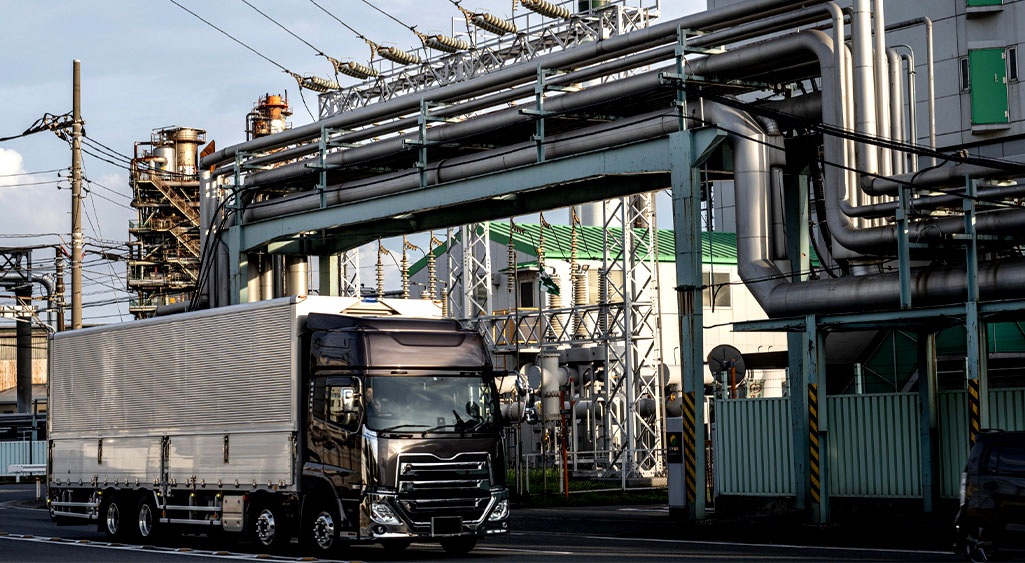
 Request FREE consultation - 1866-758-4529
Request FREE consultation - 1866-758-4529 
The increase production of oil and natural gas has been a wonderful thing for local economies and even our national economy. Energy production states such as Texas and recently North Dakota have created thousands of jobs and reduced our dependence on foreign oil.
There is a dark side to the natural gas boom, and that is increased fatal accidents involving big rigs. Not only tanker trucks but heavy equipment trucks and other serving the drilling industry has led to congested traffic and more accidents.
Big rigs or tanker trucks weigh tens of thousands of pounds and the odds are surviving a crash with such a vehicle at highway speeds is very slim. Undoubtedly, traffic congestion in these areas has played a role in the increased number of truck wrecks.
With population increasing suddenly, infrastructure generally does not keep pace for the unforeseen growth. Certainly the greater Houston area are is an example of failure to keep up with population increases and terrible traffic congestion as result.
The hydraulic fracturing process requires a huge amount of tanker-trailers to support the extraction. Some estimates are as high as several thousand tankers per well.
While fatal accidents across the state of Texas have become less frequent, those in boomtown counties where drilling has stepped up, the ratio has increased significantly. The regulation exemptions given the oil and gas industry for trucking clearly has played a role in the increased number of accidents.
I am not sure of the rationale of allowing drivers for rigs to be able to be less safe than other truck drivers (other than politics), but that is the way the regulations have been written.
The stories of families torn apart by tanker truck crashes across the United States are heart wrenching. With the increase in collisions attributable to the oil and gas industry, it is time we revisit the safety regulations as it applies to the industry.
Our communities deserve nothing less.